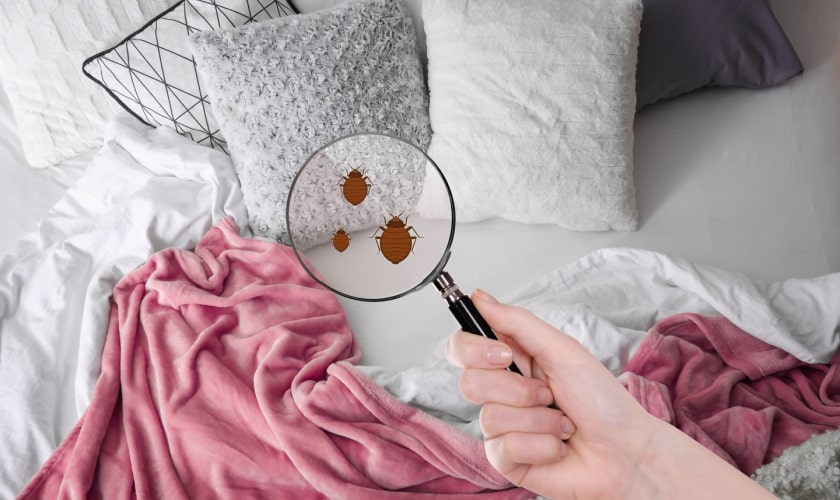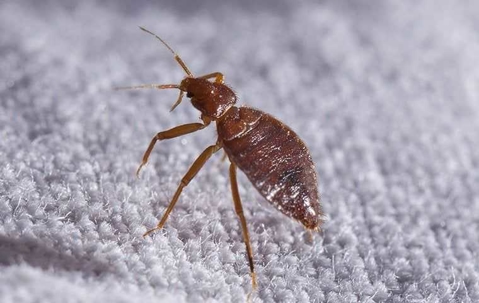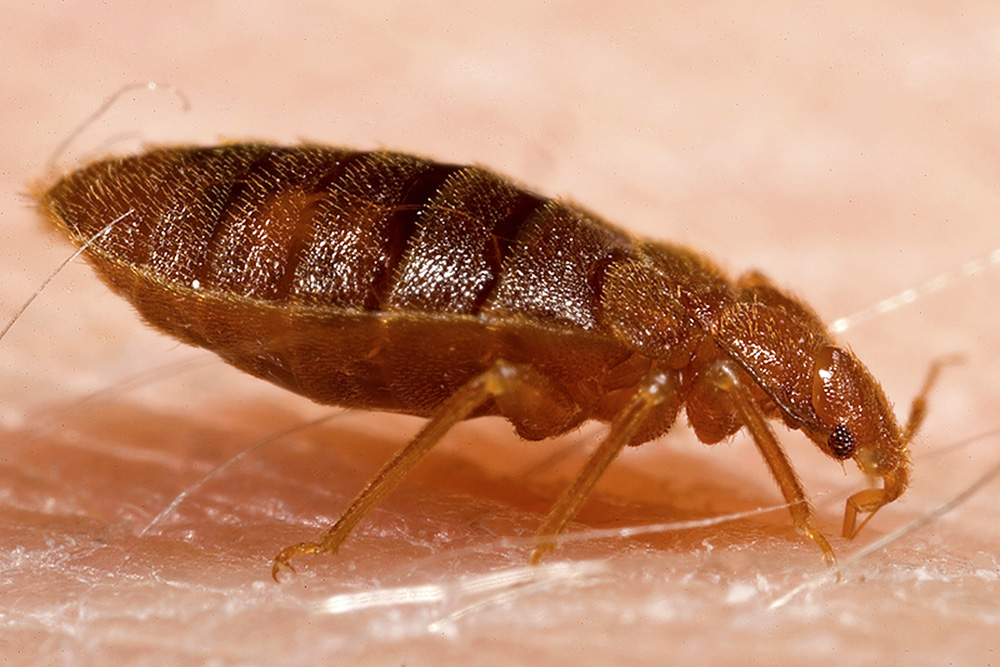A Malfunction of the Different Sorts Of Bug Control Solutions
In the realm of bug control, a plethora of techniques exist to battle the presence and deal with of unwanted animals. From the traditional use chemical pesticides to much more cutting-edge biological control options, each approach provides distinct advantages and restrictions. As we browse via the varied landscape of parasite control remedies, recognizing the intricacies of each approach becomes vital in establishing the most efficient strategy. Keep tuned as we check out the nuanced globe of bug control strategies and uncover how each type plays an one-of-a-kind role in guarding our atmospheres.
Chemical Pesticides
Chemical pesticides are typically used in parasite control to efficiently get rid of a wide variety of insects and various other insects. These chemicals work by targeting the nervous system of the pests, interrupting their typical features, and eventually causing their death. Making use of chemical pesticides has actually been a staple in the bug control industry for years due to their efficiency and fast outcomes.

However, it is necessary to make use of chemical pesticides with care because of their prospective damaging results on the atmosphere and non-target species. Inappropriate application or overuse of these pesticides can cause air pollution, harm to valuable insects, and resistance advancement in insect populations. It is essential to follow safety guidelines and regulations when using chemical pesticides for insect control.
Biological Control Methods
Thinking about the possible environmental effects and dangers associated with chemical pesticides, biological control methods provide an even more sustainable approach to taking care of parasite populations. Biological control entails using natural enemies, such as predators, parasites, and microorganisms, to reduce insect populaces. This technique is often more targeted, influencing only the specific pest types while reducing harm to helpful insects, humans, and the atmosphere.

One benefit of biological control is its long-term performance. Once established, all-natural adversaries can help regulate pest populaces continuously without the demand for repeated applications of pesticides. In addition, biological control is usually much more economical and can help in reducing pesticide resistance in bug populaces gradually. On the whole, organic control approaches provide a ecologically pleasant and lasting solution to pest management.

Mechanical Insect Control
Mechanical parasite control involves the physical control or removal of insects to manage their populaces effectively. One usual instance of mechanical insect control is making use of traps to record rats or insects.
One more mechanical approach is making use of barriers such as nets, fences, or displays to block insects from entering specific areas. By physically avoiding parasites from accessing an area, the probability of invasions or damages can be dramatically minimized. Additionally, hand-operated approaches like handpicking insects off plants or structures can be reliable for smaller-scale problems.
While mechanical insect control techniques can be labor-intensive, they provide a non-chemical choice that can be sustainable and ecologically pleasant. By targeting insects straight, mechanical control methods can aid keep pest populaces in check without counting on chemicals.
Natural Solutions
Using natural remedies for parasite control provides a eco-friendly and sustainable technique to taking care of parasite populations without turning to chemical treatments. All-natural treatments entail using compounds stemmed from plants, minerals, or various other naturally occurring resources to discourage or remove parasites. For example, growing certain natural herbs like basil, mint, or lavender around your property can push back bugs due to their strong fragrances. Diatomaceous planet, a powder made from fossilized algae, can be made use of to combat insects like ants, cockroaches, and bed insects by dehydrating their exoskeletons.
Furthermore, crucial oils such as tea tree oil or neem oil have insecticidal residential properties that can effectively manage pests while being home and pest inspection safe for the setting. An additional natural remedy is presenting useful pests like ladybugs or hoping mantises to your garden to take advantage of unsafe bugs. By integrating these natural remedies right into parasite monitoring strategies, individuals can decrease their dependence on synthetic chemicals and promote a healthier, much more balanced ecosystem.
Integrated Bug Management
Integrated Bug Administration (IPM) is a thorough method that incorporates various techniques to properly control pest populations while reducing dangers to human health and the atmosphere. IPM includes the integration of several parasite control methods such as biological control, environment adjustment, modification of social techniques, and the use of immune plant selections. By using a mix of these methods, IPM aims to reduce dependence on chemical pesticides, which can have negative effect on ecosystems and human wellness.
One trick facet of IPM is the emphasis on prevention. By implementing procedures to prevent bug problems before they occur, such as keeping appropriate cleanliness and securing entrance factors, the need for reactive parasite control actions is lessened. Tracking and regular examinations play a critical function in IPM, enabling early detection of pest issues and punctual treatment.
Final Thought
To conclude, the various kinds of pest control options provide a range of choices for efficiently handling parasite problems. Chemical pesticides offer fast obliteration however might have environmental dangers. Biological control techniques use all-natural predators to regulate pests. Mechanical insect control entails physical obstacles or traps. All-natural treatments supply safe alternatives. Integrated Bug Management incorporates find more info numerous techniques for an alternative strategy to pest control. Each approach has its own advantages and disadvantages, and picking the most proper option depends upon the certain insect problem handy.
Chemical pesticides are typically made use of in parasite control to successfully get rid of a vast variety of pests and other insects.Mechanical pest control entails the physical control or elimination of pests to handle their populaces properly (Kings pest control services Cincinnati oh).Using natural solutions for bug control provides a environment-friendly and sustainable find out here strategy to managing pest populaces without resorting to chemical interventions.Integrated Pest Administration (IPM) is a comprehensive strategy that integrates numerous methods to effectively regulate pest populations while decreasing risks to human wellness and the environment.In verdict, the various kinds of pest control options offer a range of alternatives for successfully taking care of insect problems